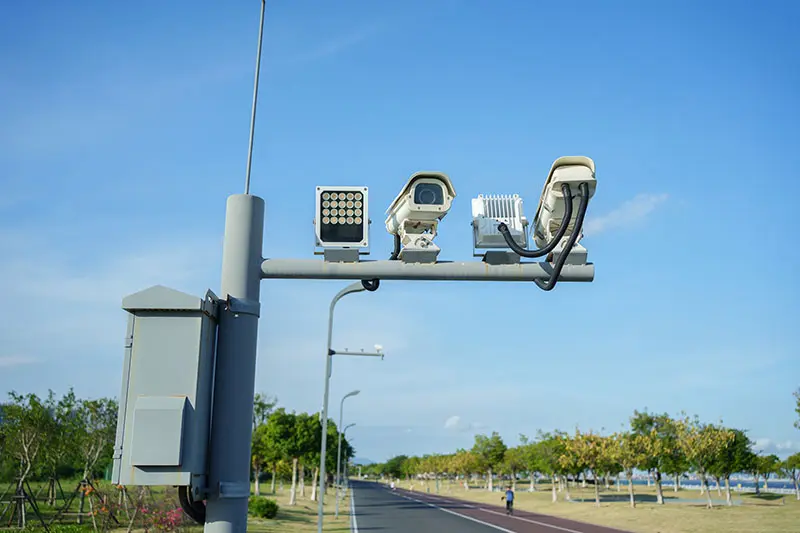AI Cameras and Road Safety: What Drivers Should Know
Across the UK, police forces are deploying advanced AI cameras designed to tackle dangerous driving head-on. The statistics underline why: according to Confused.com research, in the last three years, more than nine million motorists were caught speeding, and growing numbers have been identified for using mobile phones or failing to wear a seatbelt.
Police forces in several areas across the UK are trialling artificial intelligence-powered speed cameras. Unlike traditional cameras, these AI units are far more sophisticated. They not only clock speed but also capture high-resolution images inside vehicles, spotting handheld phone use and seatbelt neglect. They can even identify the make and model of a car.

What exactly do they pick up?
These cameras combine powerful lenses with artificial intelligence to flag:
- Drivers who exceed the speed limit
- Motorists using handheld phones
- Drivers or passengers not wearing seatbelts
During a four-week trial in Devon, almost 1,800 offences were recorded. Over 1,300 involved missing seatbelts, while more than 400 related to mobile phone use.
Why introduce them now?
Road safety remains a pressing concern. Government figures state that between July 2023 and June 2024, there were 1,607 road deaths in the UK, with the so-called “fatal four” still responsible: speeding, distraction from phones, not wearing a seatbelt, and drink or drug driving. AI systems target three of these.
With 3.3 million speeding fines issued in 2024, a 14% increase on 2022, police and councils are stepping up enforcement.
Where are trials underway?
Responses to information requests confirm AI cameras are already operating in places like Durham, Humberside, North Wales, Staffordshire, and Avon & Somerset. More regions are considering rollouts, while some await results before committing.
What do drivers think?
Reactions are mixed. Around one in five motorists see them as intrusive, but the majority are positive. A third believe the technology makes roads safer, 14% admit they’re now less likely to touch their phone while driving, and a similar share say they’re more diligent with seatbelts. However, 36% of drivers want human checks alongside AI decisions to ensure fairness.
How could this affect your insurance?
Penalties for speeding or phone use bring fines, penalty points, and often higher insurance premiums. Points can remain on a licence for up to four years and influence how insurers calculate risk.
At Grove & Dean, our advice is simple: drive safely and stay within the law. Not only does this protect you and other road users, but it helps you avoid unnecessary increases to your insurance.
Looking ahead
AI enforcement is here to stay and will only become more sophisticated. The message is clear: stick to the Highway Code. It’s safer, smarter, and helps keep your premiums affordable.








